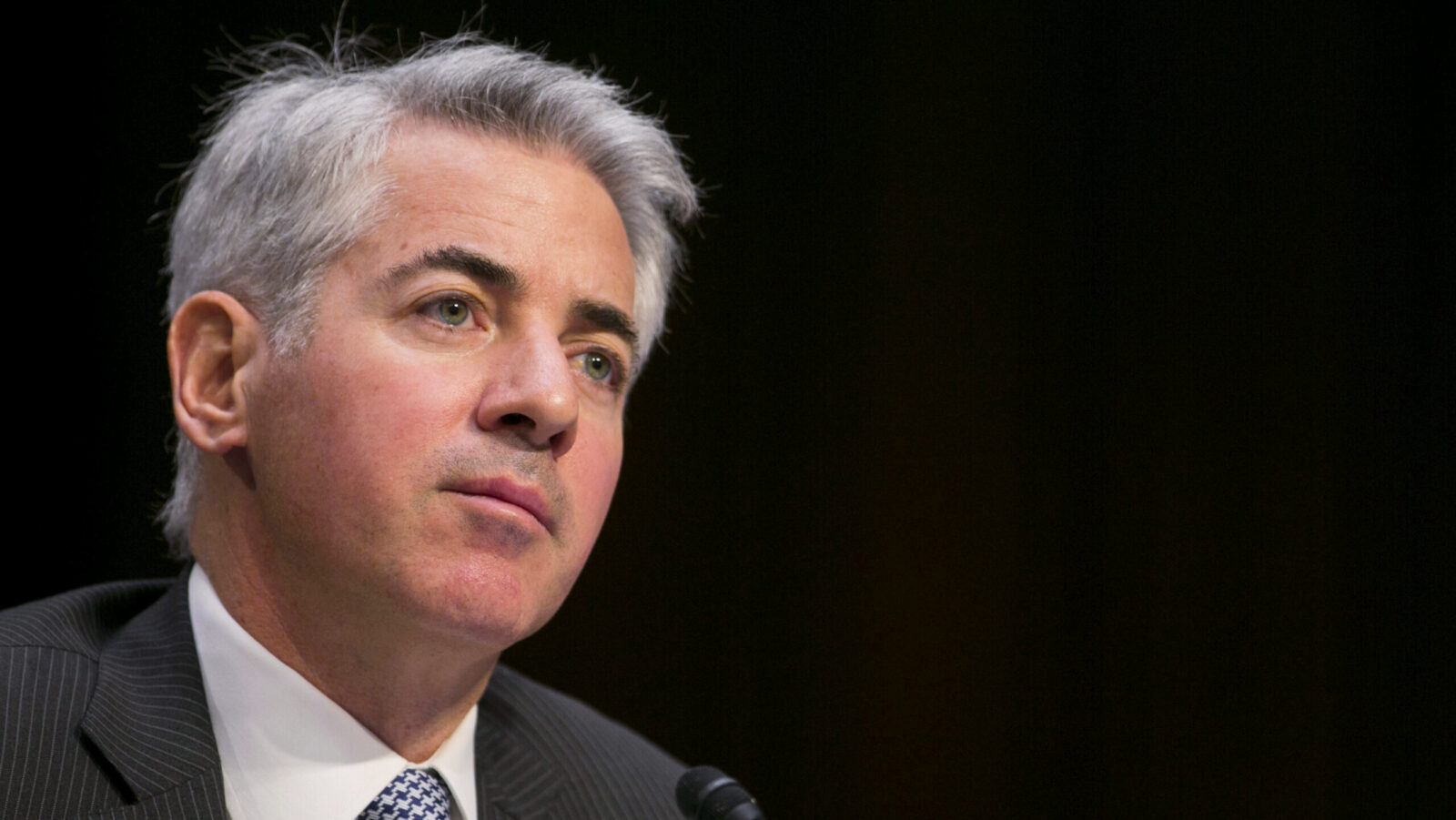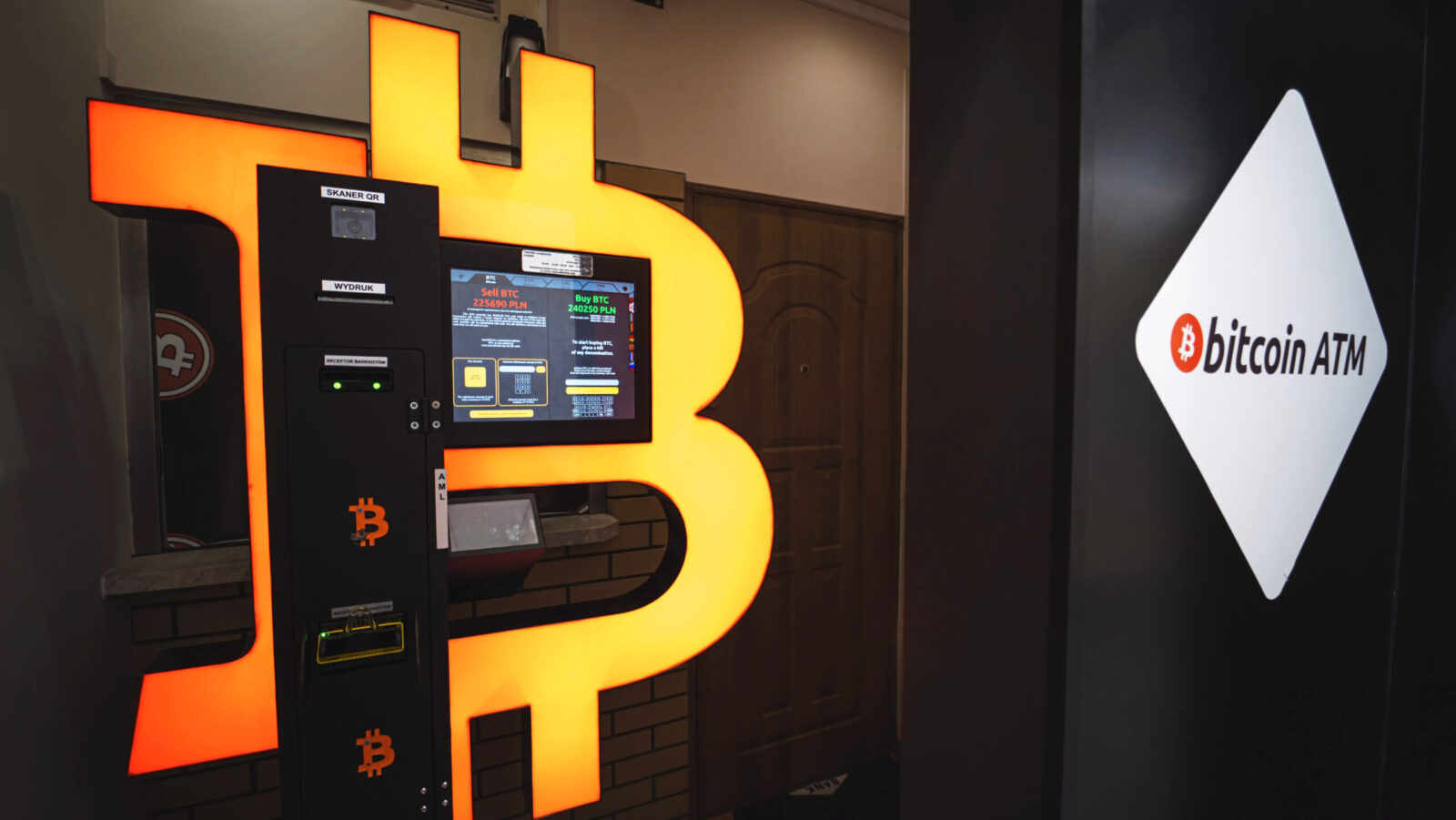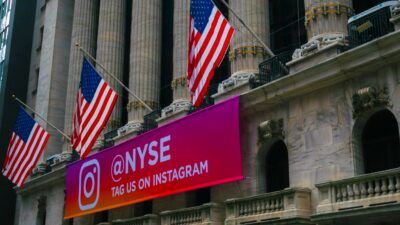Short Sellers’ Pessimism Could Be Contagious
Traders betting against SPY, an exchange traded fund that tracks S&P 500 stocks, racked up more than $6 billion in profits this month.

Sign up for smart news, insights, and analysis on the biggest financial stories of the day.
The vultures of the stock market are making a killing. Short sellers, traders who wager on shares falling, made $159 billion in just six days as stocks dropped amid a global trade spat.
Traders betting against SPY, an exchange-traded fund that tracks S&P 500 stocks, racked up more than $6 billion in profits this month, according to data firm S3 Partners. Short sellers also made billions betting on the descent of individual Big Tech companies, earning their biggest paydays from Apple, Nvidia, and Tesla, respectively.
S3 said the vast majority of recent short trades were profitable, with 97% of every dollar shorted making a return. Investors have another $46 billion in shorts penciled in for April.
Bear With Us
Investors have been heavily shorting major tech companies for months. Much of the shorting focused on companies that depend on other countries for hardware (see: semiconductor chips, automobiles) as concerns rise about global trade.
When short sellers are successful, they can put downward pressure on stocks as investors hop on their pessimistic bandwagon. In times of market volatility, regulators have stepped in to limit or ban short selling to stop investor confidence from spiraling.
A swath of countries restricted short selling during the fallout from the 2008 financial crisis and again in 2020 as markets masked up for Covid-19. Now:
- History may be repeating itself as countries react to market turmoil in the wake of President Trump’s tariff announcements and ensuing geopolitical chaos.
- The Thai stock market temporarily banned short selling this week, and Taiwan imposed curbs on the practice, including limiting the number of shares traders can short.
Two-way street: Regulators are also wary of shorts because an influx of the trades can cause volatility when markets move back into the green. Following Trump’s tariff pause yesterday, shorted stocks could whipsaw to send markets higher. That’s because when short sellers’ predictions don’t pan out, they buy stocks at a premium to cover their positions, sending shares soaring in a phenomenon known as a short squeeze. When short sellers kicked off the year with major losses after the market’s winter rally, they squeezed the stocks of Hims & Hers and Super Micro Computer higher.











